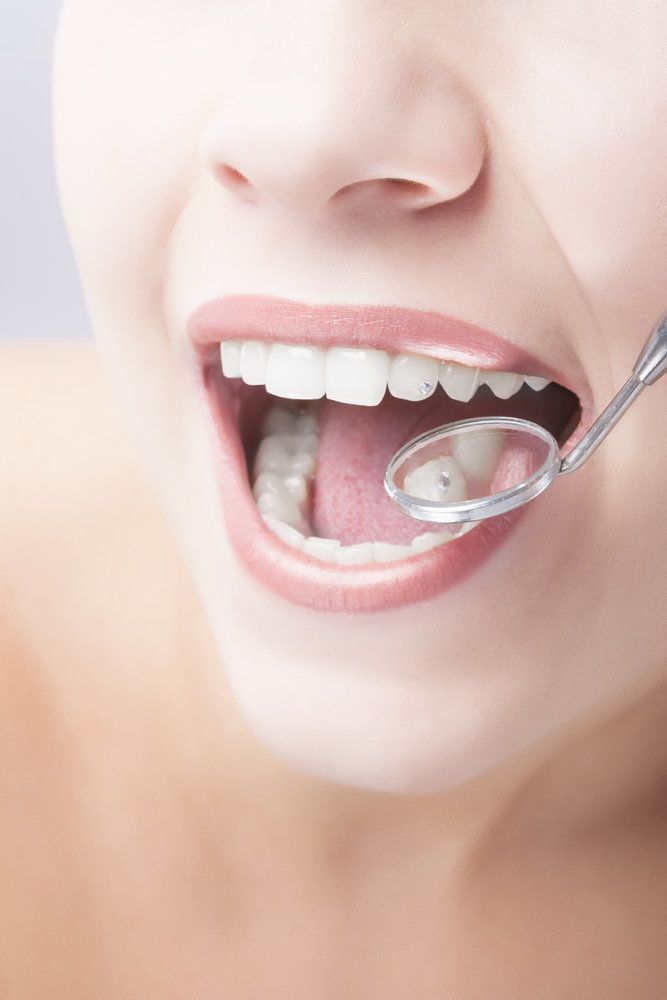Treating Tooth Erosion to Strengthen the Smile
 The inner layer of the teeth, where the nerves and pulp lie, is the most delicate part of the tooth. If bacteria penetrate this inner layer of the tooth, an infection is likely to develop, and other dental complications may arise. Fortunately, the teeth are surrounded by a strong and protective layer of enamel, which prevents bacteria, plaque, and tartar from reaching the inner tooth. However, if the enamel becomes damaged, the strength and health of the teeth may be compromised. In these cases, restorative dentistry care to rebuild the structure of the tooth will be necessary. This is what happens in the case of tooth erosion, a condition that breaks down tooth enamel and exposes the inner layer of tooth dentin. Dr. Byron J. Nordhus help patients understand the common causes of tooth erosion. He also offers tooth erosion treatments at our Wichita, KS practice to help patients rebuild their smiles.
The inner layer of the teeth, where the nerves and pulp lie, is the most delicate part of the tooth. If bacteria penetrate this inner layer of the tooth, an infection is likely to develop, and other dental complications may arise. Fortunately, the teeth are surrounded by a strong and protective layer of enamel, which prevents bacteria, plaque, and tartar from reaching the inner tooth. However, if the enamel becomes damaged, the strength and health of the teeth may be compromised. In these cases, restorative dentistry care to rebuild the structure of the tooth will be necessary. This is what happens in the case of tooth erosion, a condition that breaks down tooth enamel and exposes the inner layer of tooth dentin. Dr. Byron J. Nordhus help patients understand the common causes of tooth erosion. He also offers tooth erosion treatments at our Wichita, KS practice to help patients rebuild their smiles.
Causes of Tooth Erosion
Most patients are familiar with the common causes of tooth decay (sugars, starches, a buildup of bacteria), and do what they can to ensure that decay does not occur. However, although erosion does cause damage to tooth enamel, just as decay does, it is an entirely different problem, and many patients are not familiar with the causes of this condition. Tooth erosion is not linked to the presence of bacteria, but rather to the pH balance of the mouth, or the level of acidity. Acid can eat away at healthy tooth enamel and leave the teeth weakened and vulnerable to other oral health complications. Some of the most common causes of tooth erosion include the following:
- Consumption of acidic foods and beverages: To maintain a healthy pH balance in the mouth, patients should avoid overly acidic foods and beverages. Foods and drinks with high acidic levels include citrus fruits and juices, coffee, cola, and wine.
- Digestive problems and eating disorders: People with digestive disorders, such as gastric reflux, or those with eating disorders, such as bulimia, are likely to have stomach acids brought up to the mouth more frequently than others. This can create a highly acidic oral environment.
- Dry mouth: Saliva is important to oral health. Saliva is meant to clean the teeth and wash away harmful materials, such as acid. Patients who suffer from dry mouth lack this natural cleaning mechanism and are more likely to suffer from tooth erosion.
Treating Tooth Erosion
Although tooth erosion is damaging, it can be treated to restore the structure of the teeth and prevent other oral health problems. Like decay, tooth erosion is addressed by rebuilding the protective layer that the tooth’s enamel is meant to provide. The treatment options for tooth erosion are the same as those for tooth decay, and include the following:
- Dental fillings
- Inlays and onlays
- Dental crowns
Each of these treatments eliminates damaged tooth enamel and rebuilds tooth structure to provide the affected tooth with strength and protection. Which option is best for each patient will be entirely dependent on how much erosion has occurred.
Contact Us
Tooth erosion is a serious oral health problem. If you have questions about tooth erosion, or how to rebuild the strength of your teeth, we invite you to contact us at your earliest convenience to learn more.


